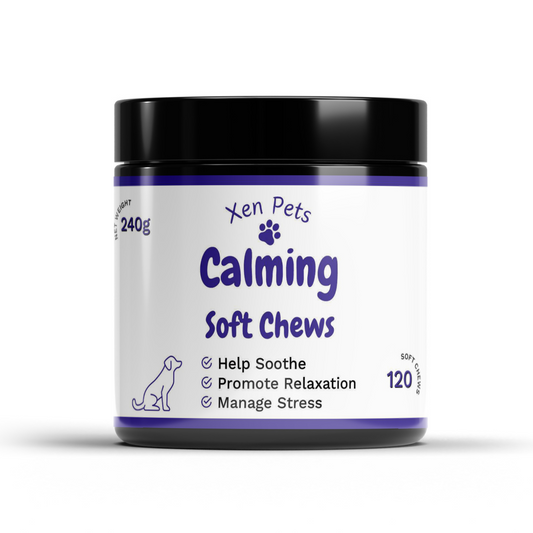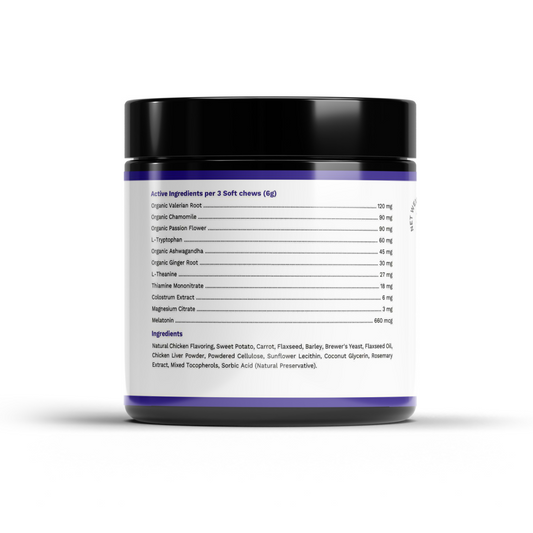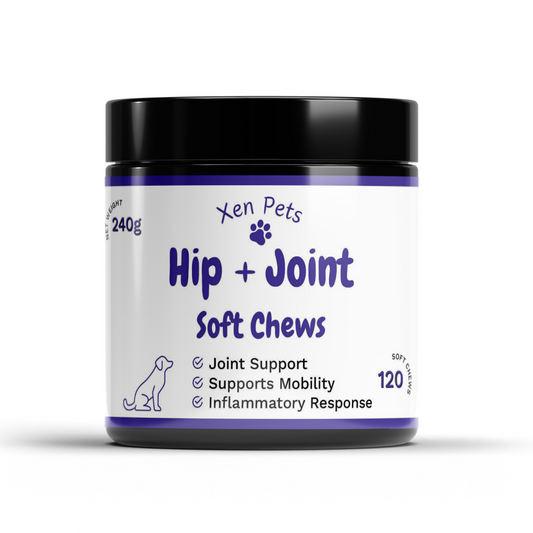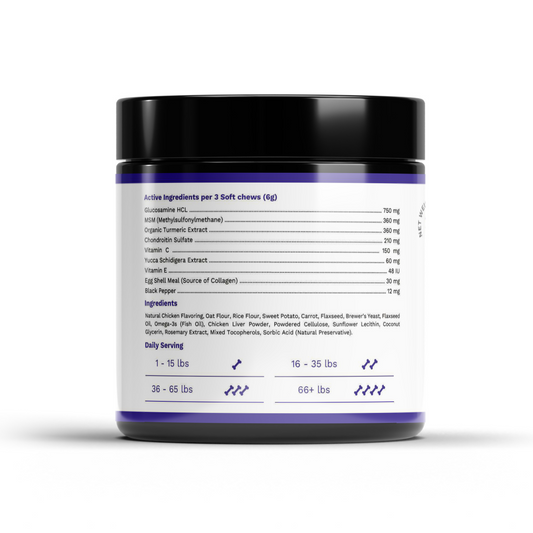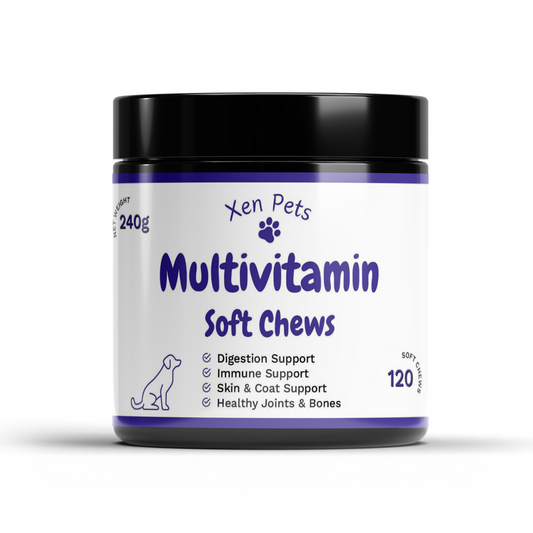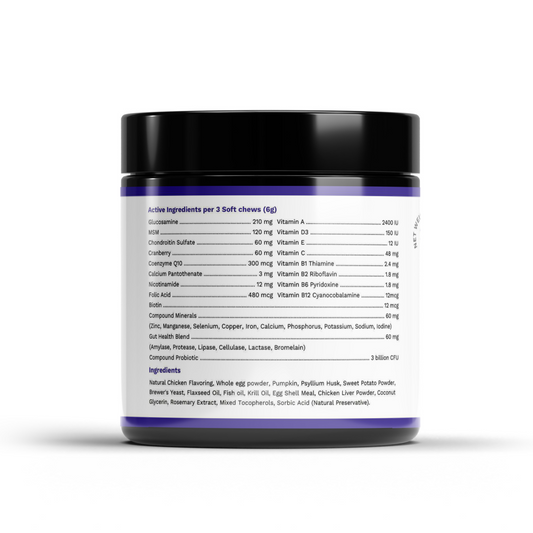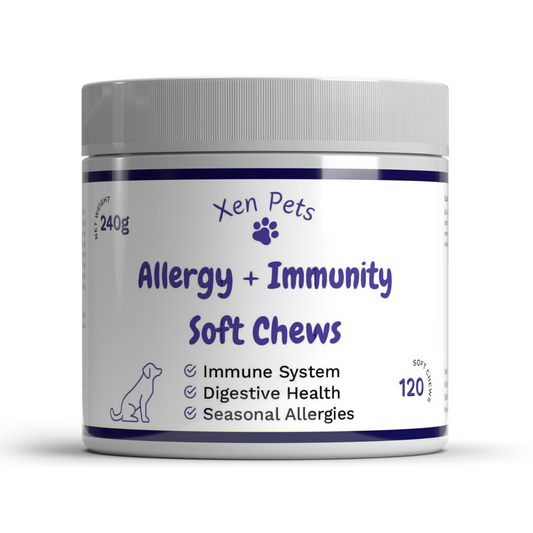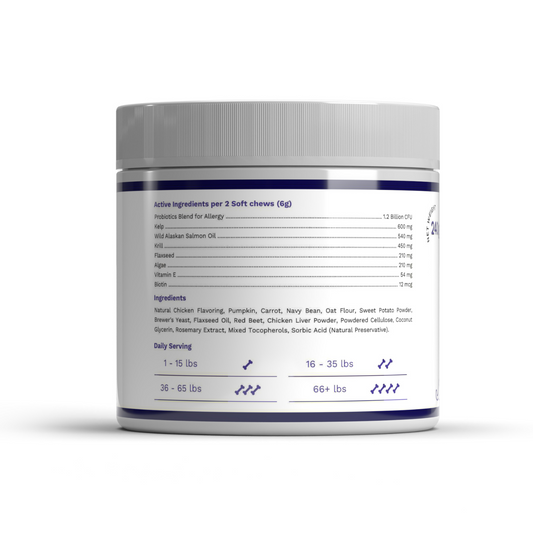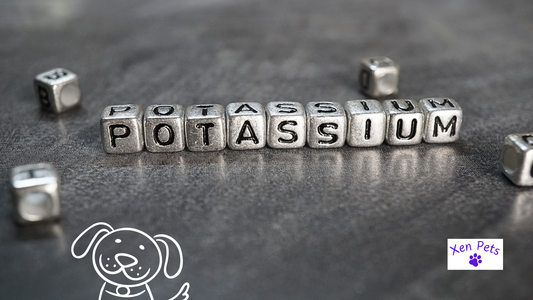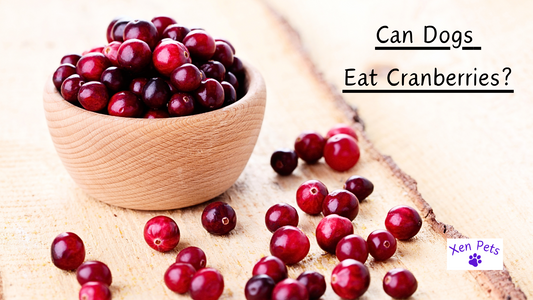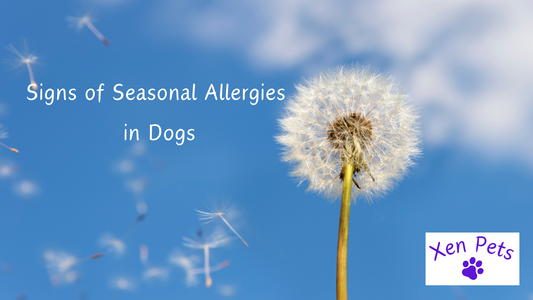8 Vitamin E Benefits for Dogs
Tory JohnsonShare
It can be difficult to decide which vitamins and supplements are right for your dog. An important one that many dog owners overlook is vitamin E.
Vitamin E is essential for many bodily functions, can boost immunity, and might even help improve their skin and coat.
So, what is vitamin E and vitamin E oil? Is it good for dogs? Let's take a look.
Vitamin E for Dogs (Video)
What is vitamin E?
As dog owners, we want to ensure that our dogs are in the best health possible. That's why it's important to consider the different ways we can support our dogs' bodies.
One essential nutrient that dogs need to maintain a healthy lifestyle is vitamin E.
As an essential vitamin and powerful antioxidant, it helps to neutralize free radicals that could cause oxidative stress. This, in turn, promotes good health in different areas of their bodies.
Vitamin E can support their heart, immune system, muscles, liver, cell function, and even their skin and coat!
With vitamin E as part of a balanced diet, we can help our dogs to live happy, healthy lives for years to come.
8 Vitamin E benefits for dogs
- May improve antioxidative stresses
- Could reduce heart disease risks
- Improves skin and coat health
- Helps cell functions
- May improve lung functions
- Boosts the immune system
- Can reduce inflammation
- May benefit cognitive health
Vitamin E dose for dogs

The recommended vitamin E dosage for dogs is 1-2 IU's per pound of your dog's body weight, which means that if your pup weighs 50 pounds, they should be getting anywhere from 50-100 IU's on top of what's already in their diet.
For example, an 80 pound German Shepherd should be getting around 160 IU's.
As a reminder, this dosage should be an additional supplement to what is already being consumed through your dog's diet. But as a reminder, please speak with a vet before giving your dog any supplements.
Vitamin E foods for dogs?
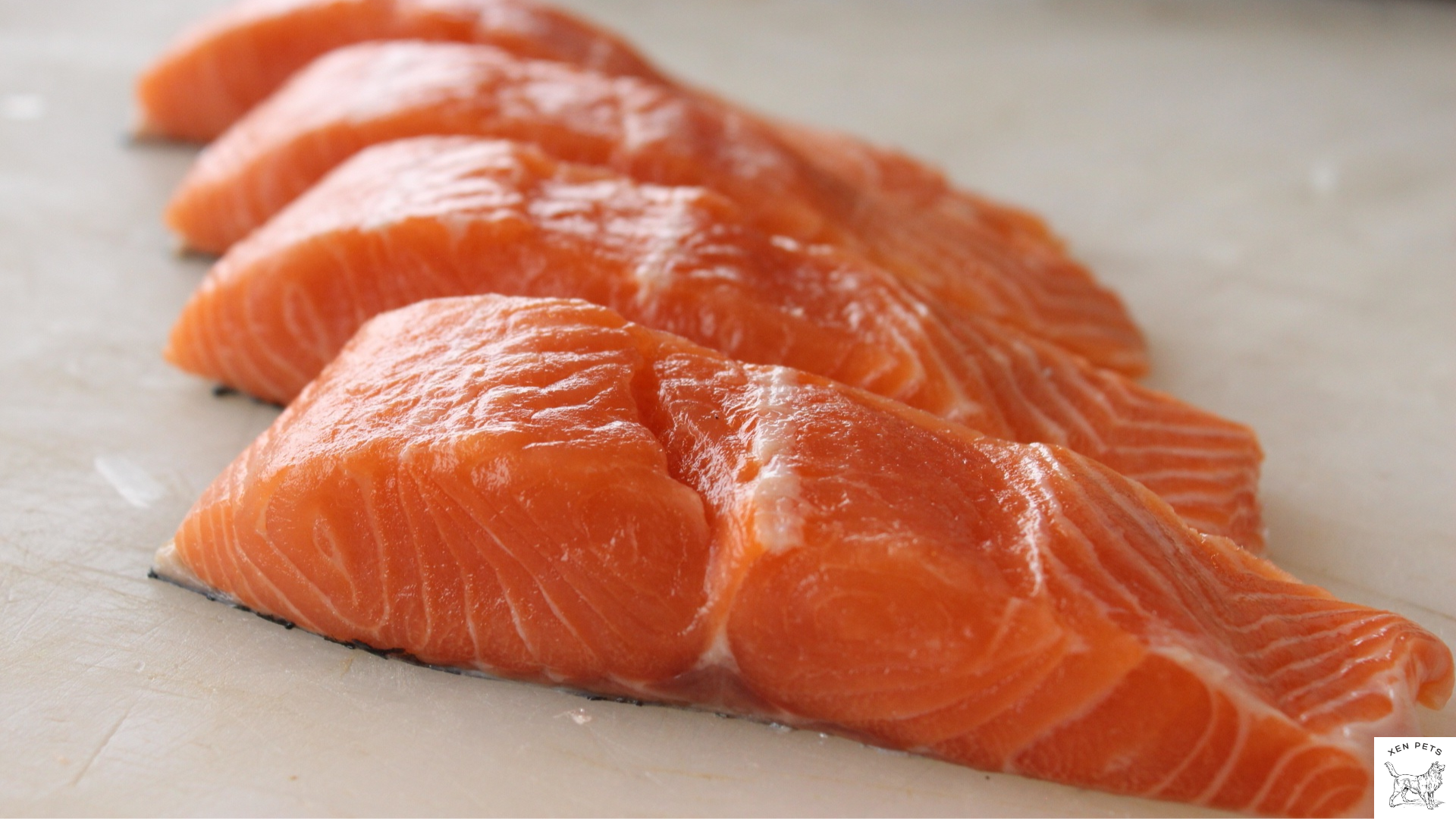
It can be overwhelming to make sure your pup is getting all the necessary vitamins in their diet.
Luckily, there are several foods that provide the essential nutrient vitamin E, including some that you may already have in your own fridge.
Eggs, salmon, trout, spinach, safflower oil, sunflower oil, and soybean oil are all great sources of natural vitamin E that your dog can enjoy.
Incorporating these foods into their diet can not only improve their overall health but also keep their coat shiny and healthy.
So go ahead and give your pup some scrambled eggs or grilled salmon as a tasty way to ensure they are getting their daily dose of vitamin E.
Vitamin E supplements for dogs
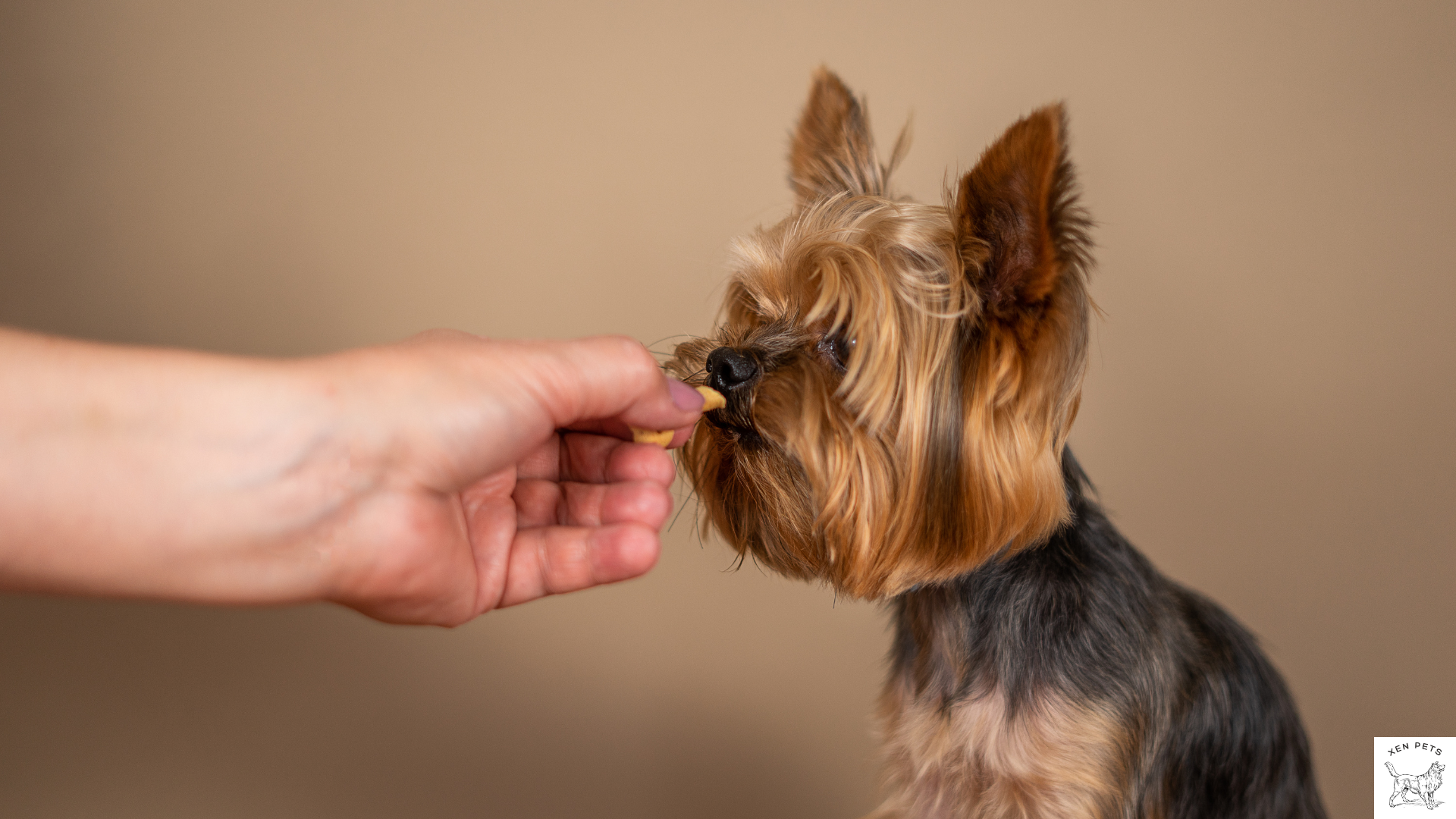
It's important to remember that dogs have different dietary needs than humans do. Just because a vitamin supplement is good for us doesn't necessarily mean it's good for our canine companions.
That's why it's crucial to consult with a veterinarian before introducing any new supplements into your dog's routine.
A vet will be able to assess whether your dog actually needs a vitamin E supplement and recommend the right dosage for their specific needs.
Taking this step can help ensure that your dog stays healthy and happy for years to come.
Can I use vitamin E oil for dogs?
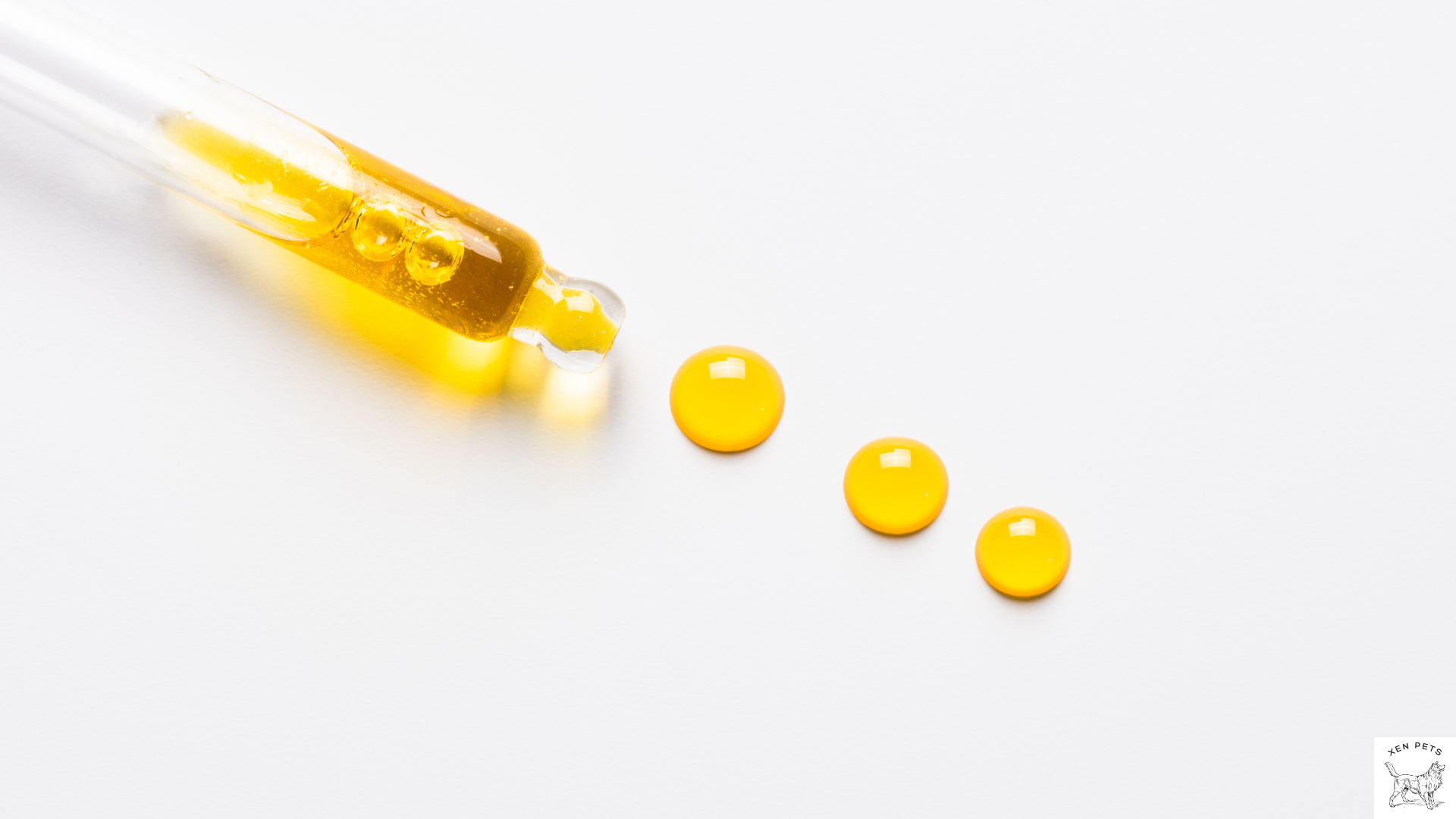
If your dog is experiencing dandruff, itchy skin, lesions, or any other skin problems, there's a solution that doesn't involve harmful chemicals or expensive treatments.
Applying vitamin E topically through oils or dog shampoos can do a great job for your dog's skin health. Not only will it alleviate their skin issues, but it will also restore the shine in their coat.
Vitamin E oil for dogs has antioxidant properties that protect and nourish the skin, making it a safe and effective solution to your dog's skin issues.
Vitamin E deficiency in dogs

While it's rare for dogs to experience a vitamin E deficiency if they're consuming a regulated diet formulated with necessary vitamins, homemade or specialized diets may not include enough of this important nutrient.
Diets high in fish or fish oils can quickly use up the available vitamin E and require additional vitamin E supplementation.
If you're noticing muscle weakness, decreased vision, skin problems, weight loss, decreased fertility, changes in behavior, or impaired immunity, it's possible they may be experiencing a vitamin E deficiency.
Fortunately, identifying and addressing the issue can help get your pup back to their happy and healthy self.
Bottom line
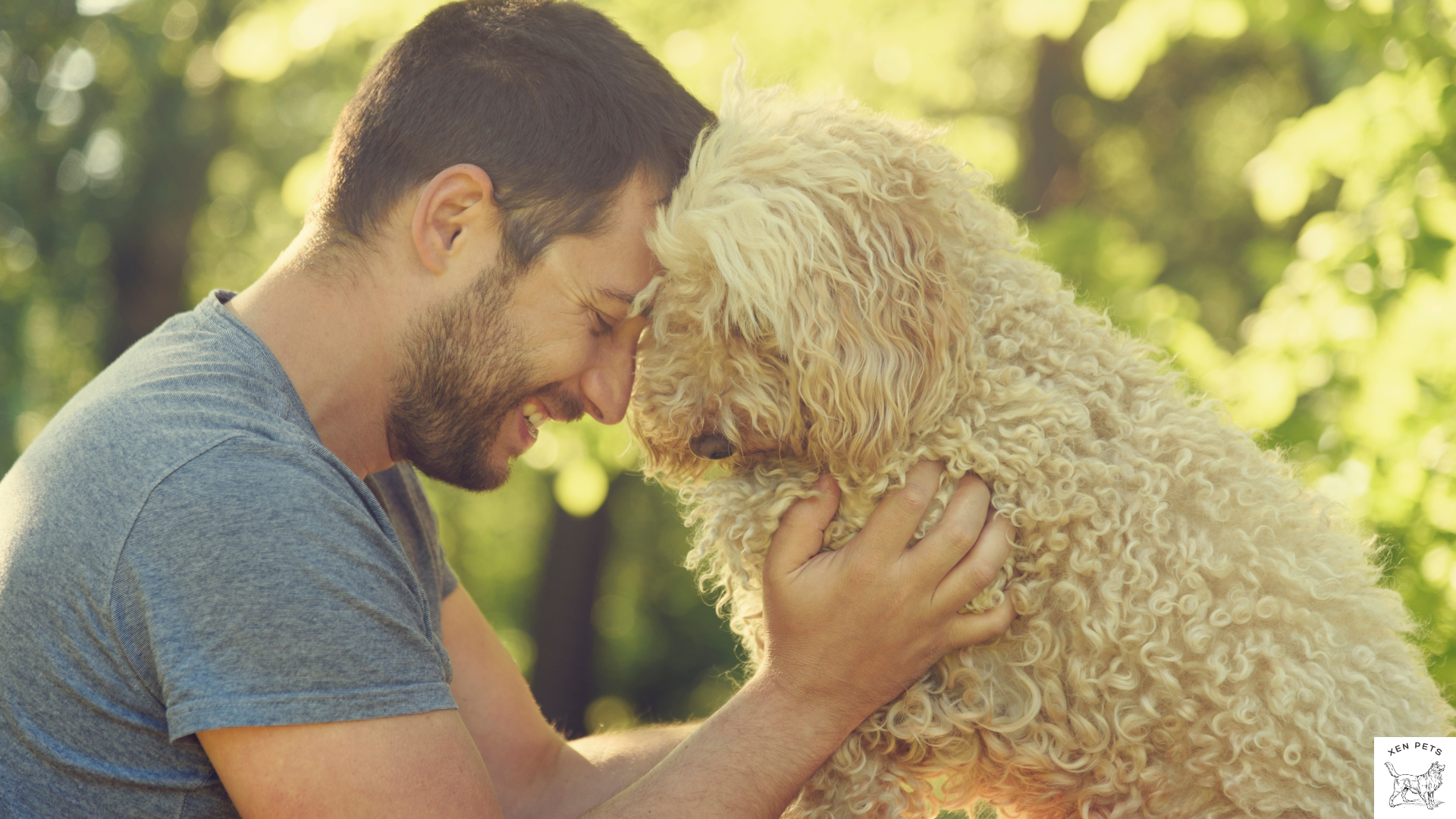
In conclusion, Vitamin E is a powerful antioxidant that has many benefits for your dog. From immune system support to improved skin and coat, this nutrient can help them to live longer and healthier lives.
Not only does it provide protection from oxidative stress, it can also improve muscle health and cell function.
As a reminder, it's always best to consult with your vet before adding supplements to your dog's diet. Taking the time to do so could be beneficial in ensuring that your dog gets just the right amount of this important nutrient.
Learn more about canine nutrition and vitamins in our blog, or check out our post on Biotin (vitamin B) for dogs.
Check out our Nutrition Guides to learn more.

